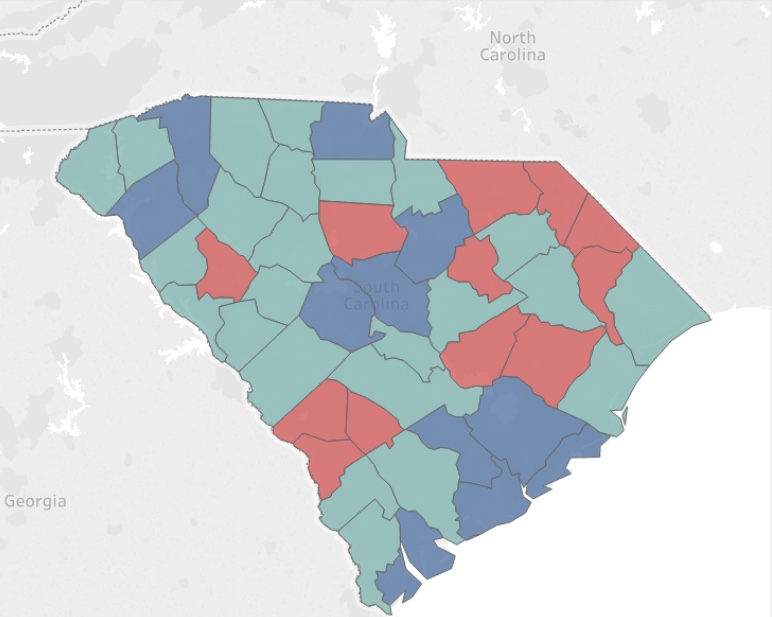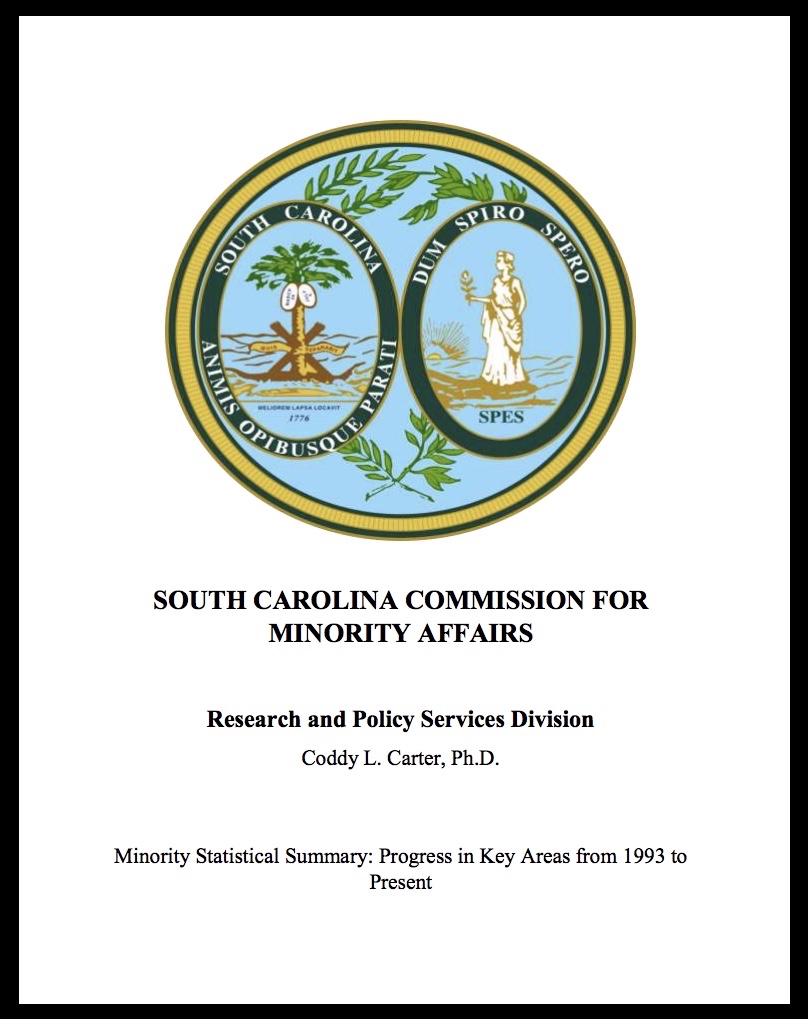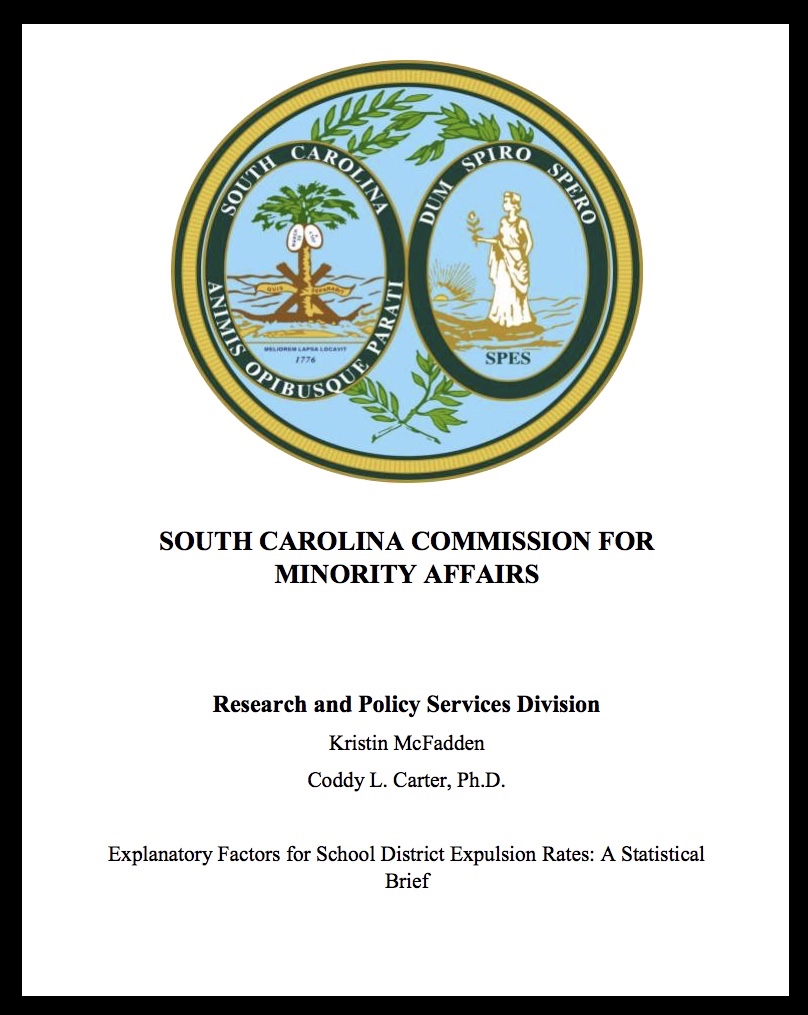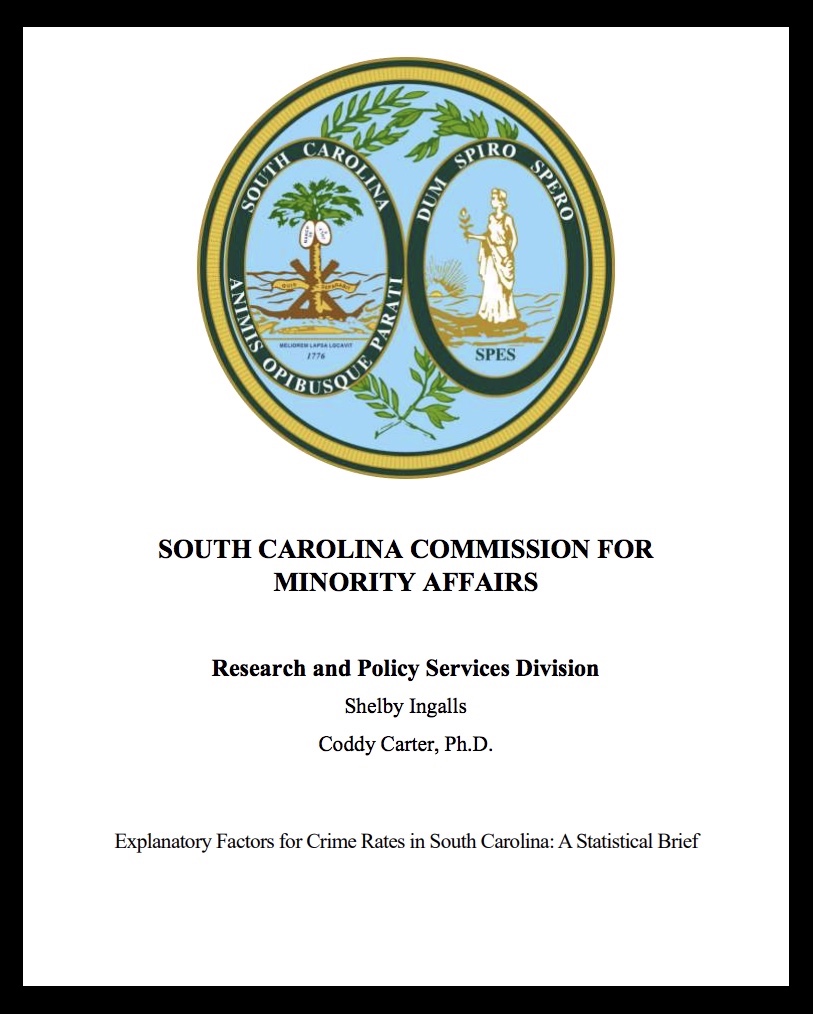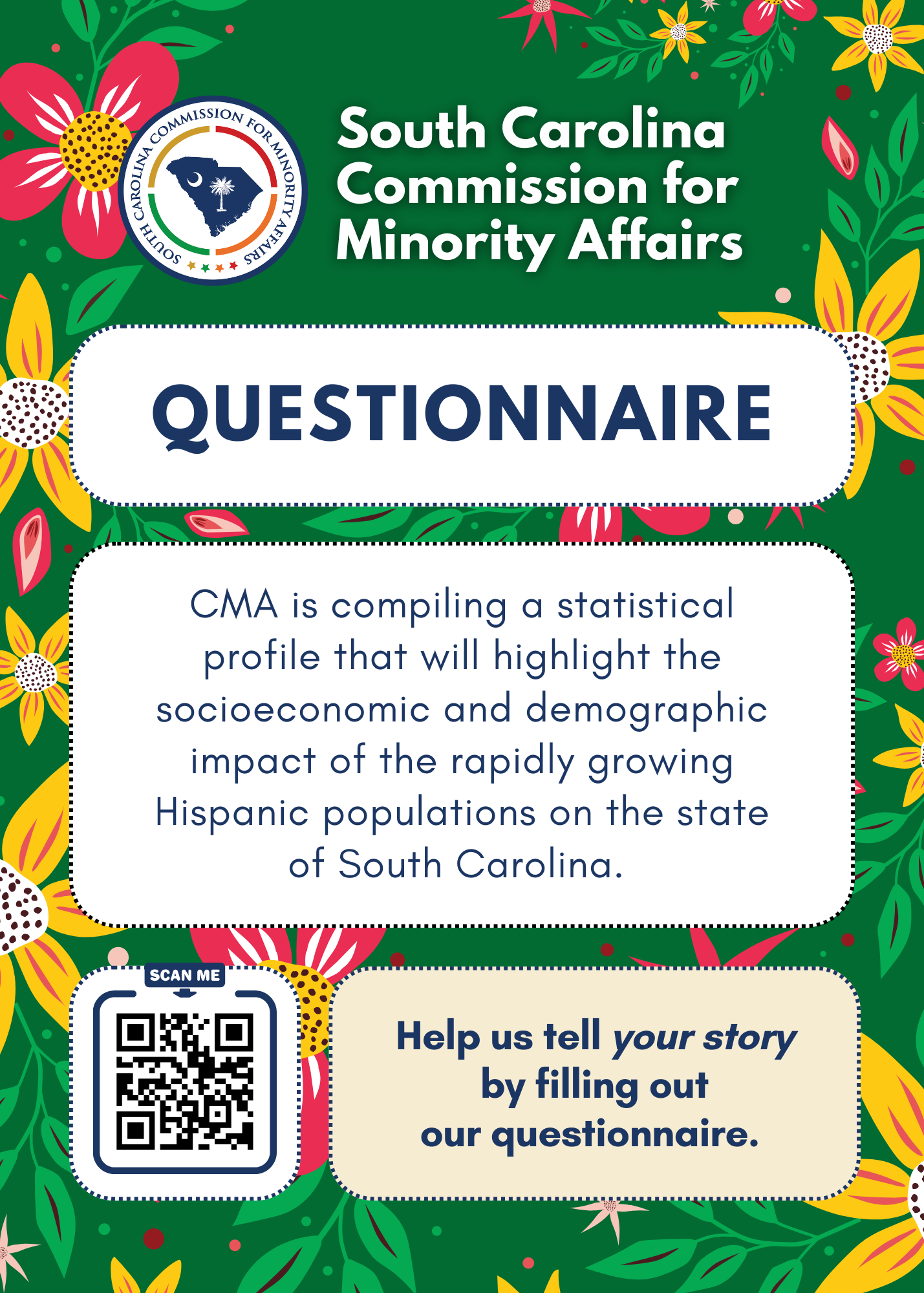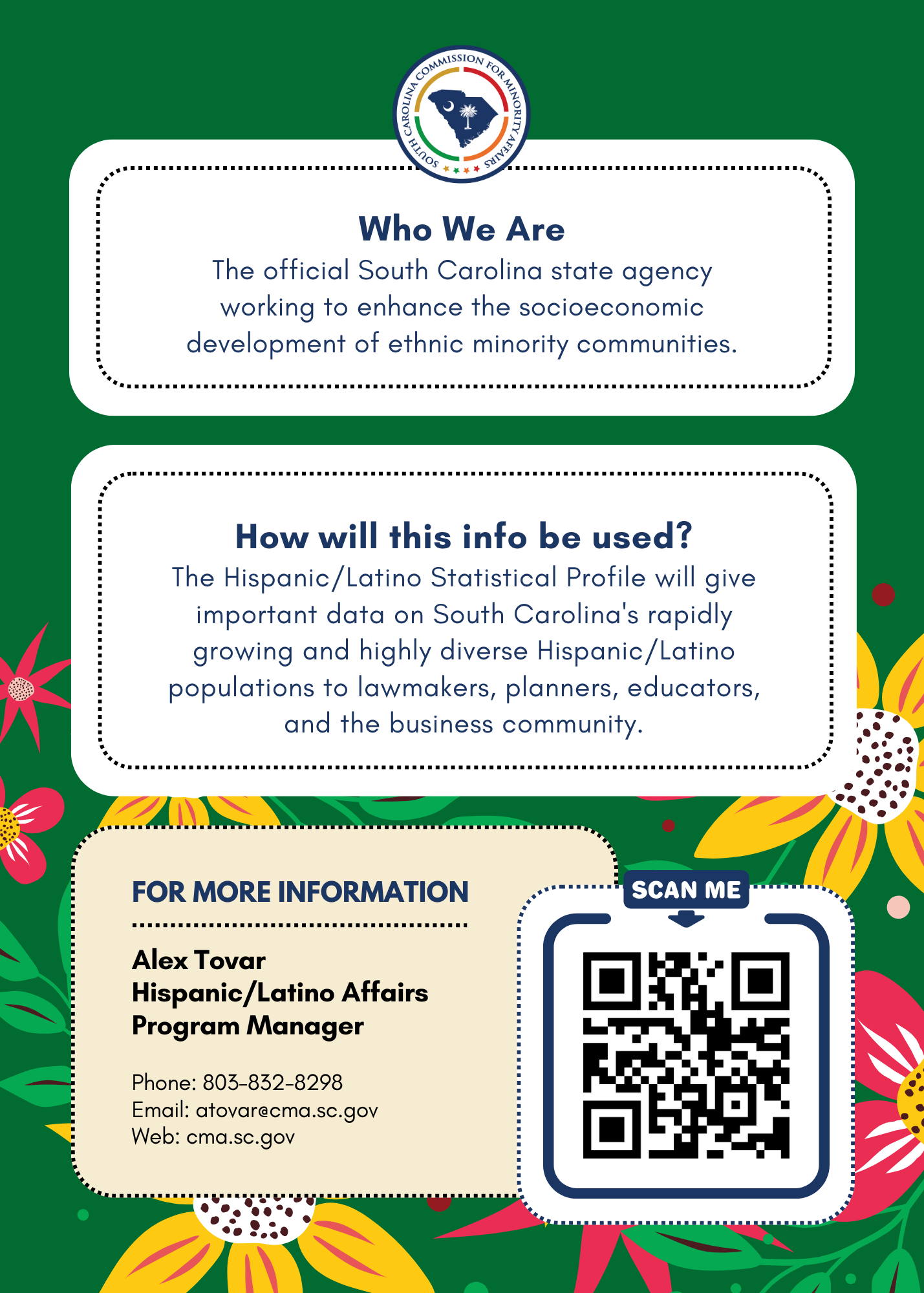The Commission’s Research and Planning Division exists to provide critical data and information for decision-making purposes. The Research Division seeks to assist the general public, public officials, the private sector, non-profit, and faith-based organizations with critical statistical data and analysis.
The goal of the Research Division is to both create and maintain a comprehensive research program and statistics concerning the cause and effect of economic deprivation in under-resourced and rural communities across the state of South Carolina. The division’s research is expansive, covering a variety of topics related to economic deprivation across a range of geographical scales, from simple data visualizations to complex multivariate analyses.
The research conducted by the Commission's staff will provide ongoing statistical data, public policy analysis, and survey-based research. The research and related findings involve the following:
- To provide the State with a single point of contact for statistical and technical assistance in the areas of research and planning for a greater economic future;
- To study the causes and effects of economic deprivation in rural or under-resourced communities;
- To provide statistical data and policy recommendations to state agencies and public officials to implement initiatives to alleviate such deprivation;
- To establish and maintain a database of statistical information for distribution to members of the General Assembly and other entities capable of effecting change;
- To serve as the State’s clearinghouse for statistical information and to publish a Statewide statistical abstract on under-resourced community affairs;
- To provide communities with a single point of contact to obtain raw data and information necessary for local research and planning;
- To develop and make available on an as-needed basis specialized statistical publications, raw data, analysis, and findings in cooperation with state agencies, public officials, and the general public

The Quarterly Research Report provides the latest analysis of topics that are of interest to policymakers, practitioners, researchers, government agencies, colleges/universities and the general public. If you have any questions concerning the research methodology, contact Dr. Robert Fenton, Director of Research, at rfenton@cma.sc.gov.
2025 Quarterly Research Report
October 2025
Breaking the Silence: Data-Driven Insights and Awareness into Maternal Health in South Carolina's Lowcountry
In this report, Statistical and Research Analyst Alicia Paige explores how doulas and midwives can play a critical role in addressing and reducing maternity care gaps in the Lowcountry region of South Carolina. Drawing on data analysis from health care and support professionals, the report examines the intersection of race, reproductive health, and healthcare access to highlight the value of culturally responsive, community-based care. Together the findings highlight an urgent need for targeted investment in maternal health and community-based care to ensure that all women receive the comprehensively compassionate treatment they deserve. (DOWNLOAD PDF)
June 2025
Coming to South Carolina: Socio-Economic Dynamics and the State's Foreign-Born Population from 2013 to 2023
Over the past decade, South Carolina has experienced rapid population growth, consistently ranking among the top ten states in the United States. This demographic surge has coincided with significant economic expansion, driven by industrial relocation, new business formation, and major investments in infrastructure to support continued development. In this brief, Research Director Dr. Robert P. Fenton assesses what contribution immigrants have made to the economic growth of South Carolina over this last decade. (DOWNLOAD PDF)
January 2025
Cost Burdens Affecting Housing Affordability for Minority Households in South Carolina
With this publication, the South Carolina Commission for Minority Affairs (CMA) continues a series on cost-burdened households in South Carolina. The most recent economic data for South Carolina underscores the continued rapid growth in housing expenses. In fact, due to the prevalence of negative economic indicators we found a reason to further research the available data to reveal trends and probabilities that could be of interest to personal and policy decisions in avoiding or preventing cost-burdened living arrangements. By shifting the focus from supply-and-demand issues to the factors affecting individuals and communities, this research aims to identify indicators that can signal potential housing affordability risks. By understanding these factors, individuals and communities can proactively assess their situation and implement strategies to mitigate cost-burden and can also improve the role of community institutions and local support networks in assisting households in need. (DOWNLOAD PDF)
